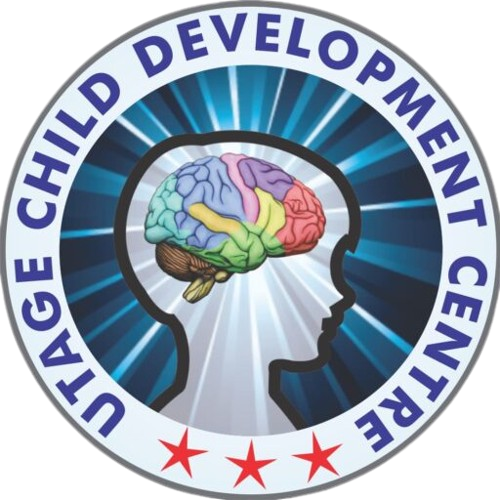What is Dyscalculia?
Dyscalculia in children is a learning disability that affects how kids understand numbers and math. While some children find math hard, those with dyscalculia face ongoing struggles. For example, they may have trouble with simple counting or recognizing numbers. Because dyscalculia is not as well-known as other learning issues, parents may not notice it right away. However, early support can help children succeed in school and daily life.
Common Symptoms of Dyscalculia in Children
Children with dyscalculia show certain signs. These signs can appear at different ages. But, the symptoms often become clear when children start school. Watch for these common signs of dyscalculia:
Sometimes, children may avoid math homework or feel anxious about math tests. If you notice these signs, it may be time to seek help.
Causes and Risk Factors
Experts are still learning about the causes of pediatric dyscalculia. However, several factors may play a role. For instance, genetics can increase the risk. If a parent or sibling has a learning disability, a child may be more likely to have one too. In addition, brain differences in areas that handle math may cause dyscalculia. Sometimes, other conditions like ADHD or dyslexia can appear with dyscalculia. But, not all children with these conditions will have math difficulties.
How Dyscalculia is Diagnosed
Diagnosing dyscalculia in children involves several steps. First, teachers or parents may notice ongoing math struggles. Next, a specialist, such as a school psychologist, will assess the child. This assessment may include:
Because early diagnosis helps, it is important to act if you see signs of dyscalculia. Early support can improve a child’s confidence and skills.
Treatment and Support Strategies
Although there is no cure for dyscalculia, many support strategies can help. With the right help, children can learn to manage math difficulties. Some helpful approaches include:
Teachers and parents can work together to create a supportive learning environment. With patience and practice, children can build math skills over time.
Tips for Parents and Caregivers
Parents and caregivers play a key role in helping children with dyscalculia. Here are some tips to support your child:
Remember, every child learns at their own pace. But, with support, children with dyscalculia can thrive.
Prevention and Early Intervention
While dyscalculia cannot always be prevented, early intervention makes a big difference. For example, noticing math struggles early allows for quick support. Schools can screen children for learning disabilities, including math difficulties. In addition, parents can watch for early signs and talk to teachers. Early help can prevent frustration and build a strong foundation for learning.
Conclusion with a Call-to-Action
Dyscalculia in children can impact learning and self-esteem. However, with early diagnosis and the right support, many challenges can be overcome. If you suspect your child has math difficulties, consult a pediatric specialist at Utage Child Development Centre for personalized guidance on managing dyscalculia.

